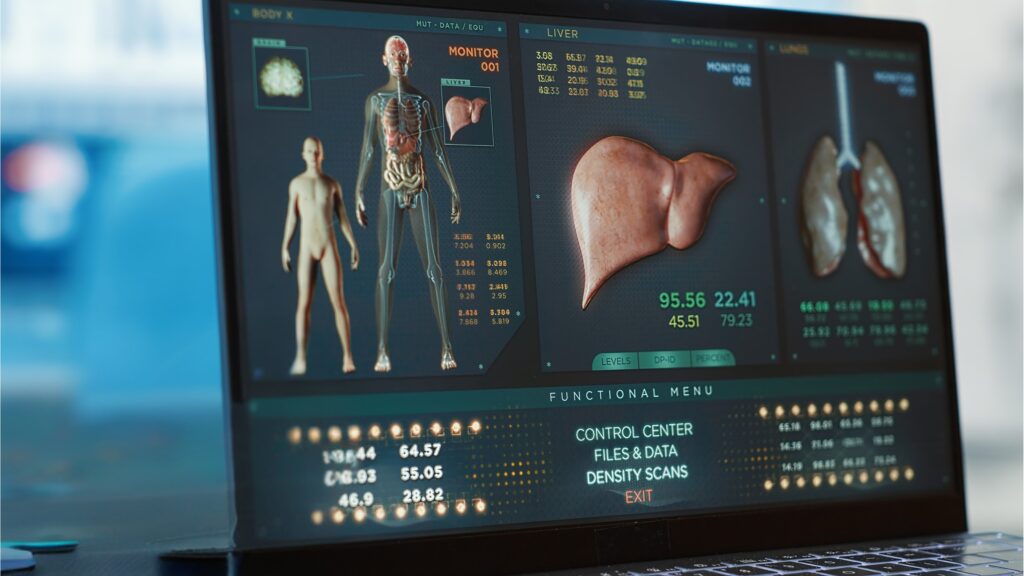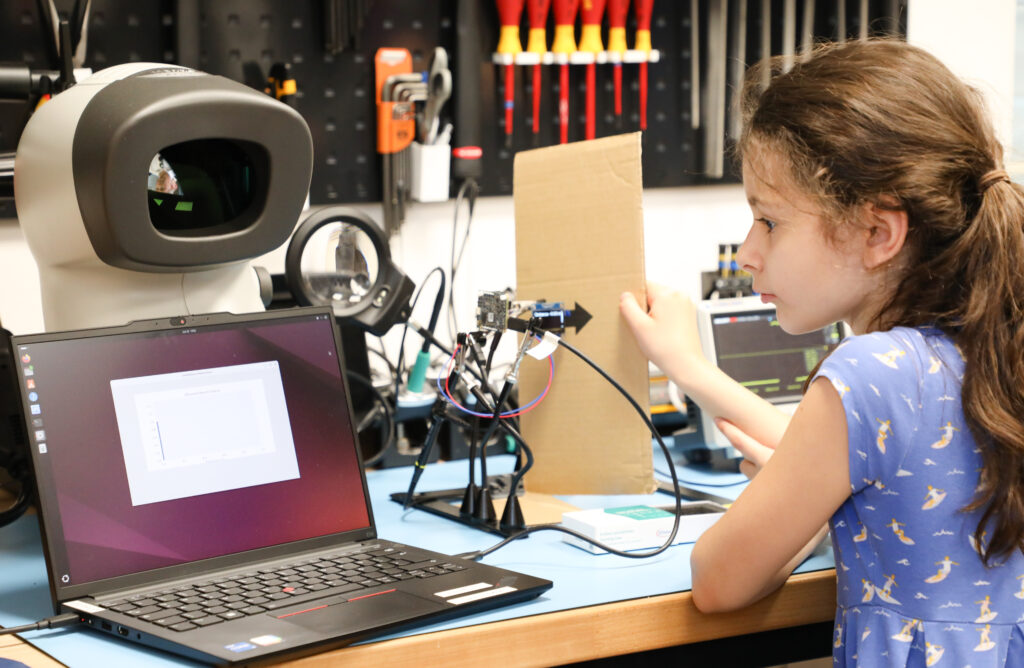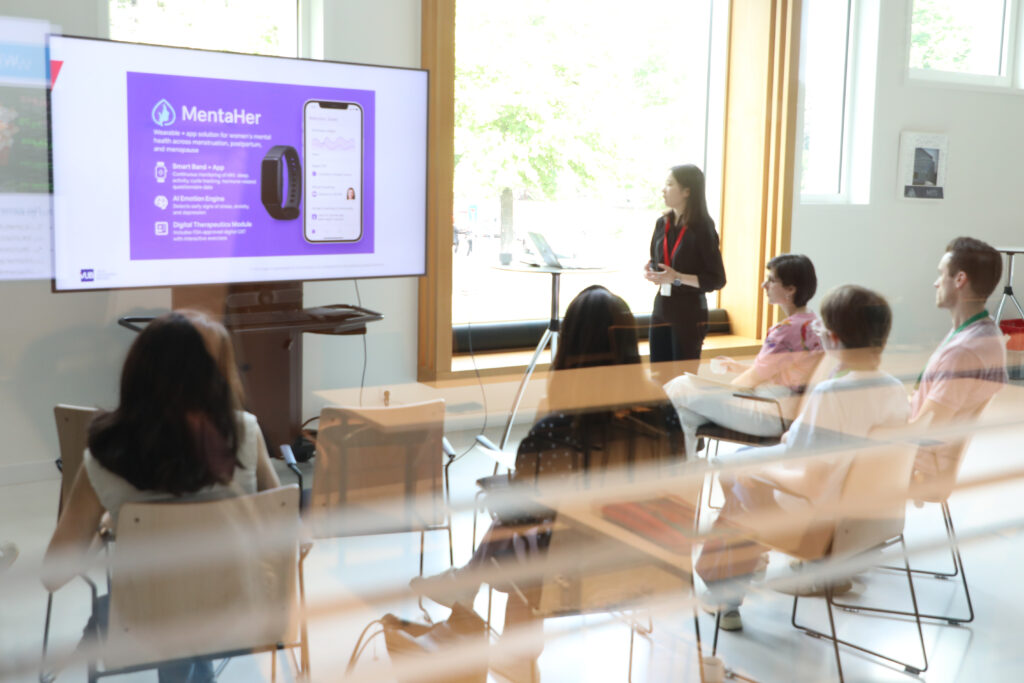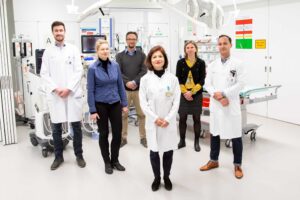Expert Recommendations for the Use of AI in Hepatology
The Konrad Zuse School of Excellence in Embedded Composite Artificial Intelligence (SECAI) will focus on AI computer chips and AI applications in medicine. SECAI is about to start in July 2022 and then quickly attract top international young researchers for AI technologies to Saxony.
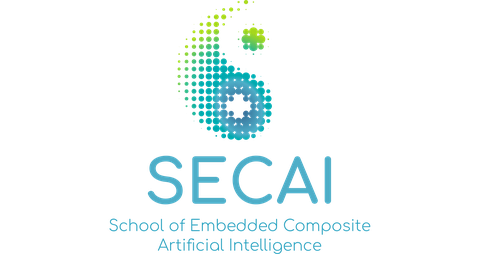
Technische Universität Dresden has achieved a special success in the competition for the establishment of AI centers and received a funding commitment to establish one of three Konrad Zuse School of Excellence in Artificial Intelligence nationwide. The “Konrad Zuse School of Excellence in Embedded Composite Artificial Intelligence” (SECAI) will be established at TU Dresden. Project coordinator Prof. Markus Krötzsch, group leader of the International Center for Computational Logic at the Faculty of Computer Science at TU Dresden, emphasizes that the project will not only promote outstanding research in the field of AI, but will also benefit teaching, for example through scholarships for students in the AI field.
AI for innovative medical technology
An important topic is digital medicine as a socially important application area of future AI. Together with Siemens, Professors Jochen Hampe, Markus Krötzsch and Sebastian Rudolph are planning to use AI to accelerate the certification processes for innovative medical technology so that new devices can be used in hospitals more quickly. The new Zuse Research School in Dresden will deal with this and other AI topics. The technical focus is on the combination of algorithms and electronics (embedded AI) and the integration of complementary AI methods (composite AI), especially in medicine and the life sciences. Dresden as a center of the European semiconductor industry combines know-how, the ability to develop industrial products (home-made microelectronics) and the synergetic combination of highly specialized hardware and software with the diversity of AI methods and applications at the highest international research level.
Science and industry network
SECAI is closely networked with important research partners in the region, with strong industrial partners and with selected international universities. On board, in addition to the lead TU Dresden, are the University of Leipzig, the Center for Advancing Electronics Dresden (Cfaed), the Center for Tactile Internet with Human-In-The-Loop (Ceti), the Else Kröner Fresenius Center for Digital Health, the Max Planck Institute for Mathematics in the Sciences, the Dresden Center for Information Services and High Performance Computing, and the already existing Saxon AI center Center for Scalable Data Analytics and Artificial Intelligence (Scads. ai). The Schools are intended to help attract highly talented German and international graduates to study AI at the master’s or doctoral level in Germany and to bind them to Germany as a research location in the long term. Special features of the Konrad Zuse Schools are therefore the continuous support from master’s to doctoral level and a comprehensive support concept.
Funding from DAAD and the federal government
The German Academic Exchange Service (DAAD), with the support of the German Federal Ministry of Education and Research (BMBF), is investing in networks of science and industry to attract excellent young AI researchers from around the world. TU Dresden will receive up to three million euros annually to establish SECAI. The project will start in July 2022. The Konrad Zuse Schools are intended to strengthen AI education at the master’s and doctoral level through cross-university, innovative teaching and learning formats and close ties to the digital economy. Mentors from academia and industry provide young talents across disciplines and locations with an excellent, research-based education and, at the same time, an application-oriented perspective for career paths in industry.
More News
Femtech, Ethics & Innovation: Highlights from the HALL-EKFZ Summer School 2025


